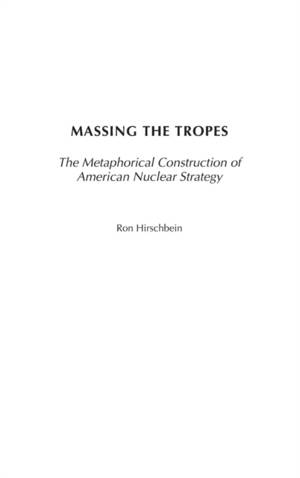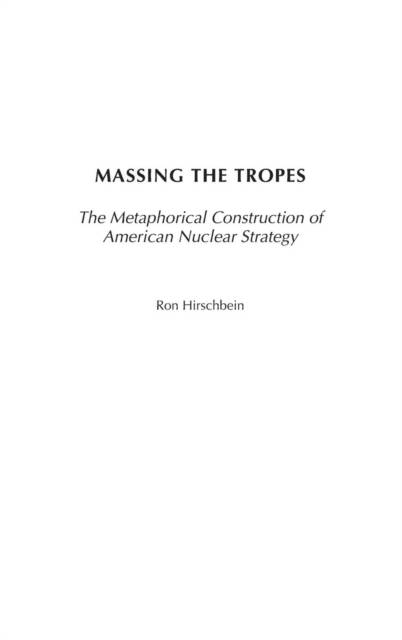
- Afhalen na 1 uur in een winkel met voorraad
- Gratis thuislevering in België vanaf € 30
- Ruim aanbod met 7 miljoen producten
- Afhalen na 1 uur in een winkel met voorraad
- Gratis thuislevering in België vanaf € 30
- Ruim aanbod met 7 miljoen producten
Omschrijving
At the dawn of the nuclear age, strategist Bernard Brodie recognized our predicament when he said, Nuclear weapons exist and they are incredibly destructive. Despite the end of the Cold War, thousands of nuclear weapons remain on hair-trigger alert on both sides of the Atlantic. Plans to develop, deploy, and detonate nuclear weapons (for purposes of war prevention or war fighting) are informed by the ambiguous notion that nuclear war can be avoided by maintaining a balance of power. Policy-makers and decision-makers believe that once the balance of power is destroyed, a crisis will ensue, and if this crisis cannot be resolved with words, it is somehow necessary to use weapons. This idea is held as an historic inevitability, but the nuclear subculture is unaware of the highly problematic nature of their fundamental assumptions. Hirschbein entertains the possibility that the theory and practice of these policy-makers and decision-makers are informed by concepts at once ancient and metaphorical. He analyzes the primary and secondary metaphors invoked to conceptualize and manage nuclear weaponry.
Hirschbein draws a striking parallel between dramatic changes in the ancient Greek account of conflict and the American conceptualization of nuclear weapons. Facing harrowing times, Thucydides avoided supernatural, Homeric imagery in favor of naturalistic metaphors to account for conflict--an account regarded as eternal wisdom by today's realist. Likewise, facing the Soviet challenge, American strategists abandoned supernatural Judeo-Christian accounts of nuclear weapons in favor of Thucydides' naturalistic tropes.Specificaties
Betrokkenen
- Auteur(s):
- Uitgeverij:
Inhoud
- Aantal bladzijden:
- 196
- Taal:
- Engels
- Reeks:
Eigenschappen
- Productcode (EAN):
- 9780275967222
- Verschijningsdatum:
- 30/10/2005
- Uitvoering:
- Hardcover
- Formaat:
- Genaaid
- Afmetingen:
- 161 mm x 237 mm
- Gewicht:
- 512 g

Alleen bij Standaard Boekhandel
Beoordelingen
We publiceren alleen reviews die voldoen aan de voorwaarden voor reviews. Bekijk onze voorwaarden voor reviews.











